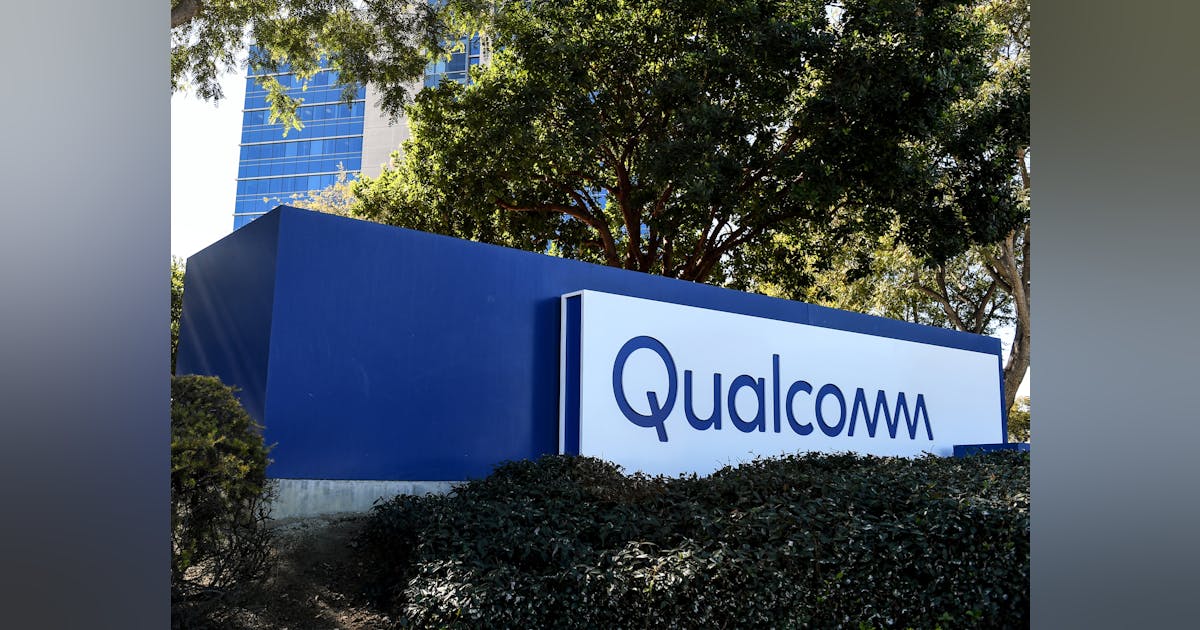
Qualcomm signed a “multi-year” deal with Meta to develop custom chipsets for a future line of the tech giant’s virtual-reality (VR) products. The chips are intended for Meta’s Oculus Quest family of VR headsets.
These new chips, which form the core of Meta’s hardware, will be powered by Qualcomm’s Snapdragon XR series mixed-reality processors. “Mixed reality” refers to a myriad of technologies that blur the lines between physical and digital worlds. The term includes virtual and augmented reality technologies.
This is not a completely unprecedented move for Meta. In the smartphone market, companies ranging from Apple to Samsung have invested in in-house chip designs to cut costs, improve performance and extend battery life. These characteristics come from the tight integration of silicon and the software that runs on it. Bonus points: They can roll out unique features that would be hard to get with standard silicon.
Other sectors of the consumer electronics market have been reshaped by custom silicon. Sony’s PlayStation and Microsoft Xbox consoles have been powered by AMD semi-custom chips for years.
Meta hopes to use the custom chips to reduce the high cost of its hardware and improve performance for what it calls “spatial computing” to create more unique experiences for users.
Engineering and product teams from both companies will work together to develop the chips. The joint effort aims to create virtual reality headsets in a form factor and at a price that consumers will buy and use.
“As we continue to build more advanced capabilities and experiences for virtual and augmented reality, it has become more important to build specialized technologies for our future VR headsets and other devices,” said Meta CEO Mark Zuckerberg.
“Unlike mobile phones, building virtual reality presents new, multidimensional challenges in terms of spatial computing, cost and form factor. These chipsets will help us push virtual reality to its limits,” he added.
Meta is no stranger to Qualcomm. They’ve been working closely together on virtual reality for several years now, and Qualcomm’s latest mixed-reality chip, the XR2 5G, powers Meta’s Oculus Quest 2 headset.
Launched in late 2019, the Snapdragon XR2 includes a powerful CPU and GPU to handle graphics-heavy graphics and other workloads, and it can be paired with Qualcomm’s modem silicon to connect to 5G networks.
The Snapdragon XR2 includes a “visual analytics” (EVA) engine specifically designed to offload and accelerate virtual reality workloads, reducing the latency that causes images broadcast on virtual reality screens to stay behind. The heterogeneous computing architecture in the XR2 helps extend battery life for Meta’s headset, giving consumers up to about three hours of playtime on a single charge.
XR2 can also perform AI jobs 10x faster than Qualcomm’s previous-generation mixed-reality chip to improve the user’s sense of presence and the ability to easily explore virtual worlds when wearing a headset. The chips Qualcomm will provide to Meta will likely have improvements in many of the same areas.
These investments in VR hardware fit into Meta’s broader ambitions for the metaverse. The term refers to a vast web of virtual worlds blurring the lines between physical and digital worlds, where it wants consumers to work and play in the very near future. The company has set its future on the concept, spending more than $10 billion in 2021 alone to help advance the underlying technology in the metaverse.
While many of these imaginary worlds will be powered and housed in colossal data centers, users will need to access these digital spaces with virtual reality hardware like Meta’s Oculus Quest series.
Meta reportedly has plans to roll out four new Oculus VR headsets by 2024. So it makes sense for the company to focus on custom chips to further differentiate them from rivals and add more unique features.
For Qualcomm, the agreement with Meta is proof that it is executing a strategy introduced years ago by CEO Cristiano Amon to land its chips in a wide variety of new hardware. Last year, he said the Qualcomm-powered Oculus Quest 2 shipped more than 10 million units worldwide, citing third-party estimates.
The chips produced by the collaboration will reportedly not be exclusive to Meta. The deal also opens the door for Qualcomm to gain a deeper understanding of where the mixed reality market is headed.
Qualcomm sells chips to various virtual reality hardware makers and plays in the market for augmented reality (AR) products that overlap digital objects on a physical scene and allow users to interact with them.
Earlier this year, it announced a new partnership with Microsoft to develop custom chips for AR glasses.

0 Comments